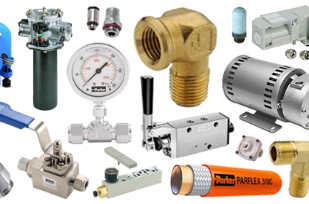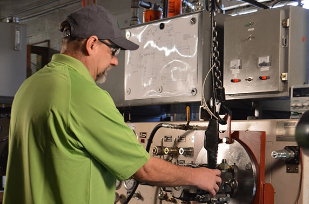Happy New Year!
A close friend recommended a new book that I was able to get through over the holiday break and I felt compelled to share some of the take away’s with our company, customers and stakeholders.
The title of the book is Peak Performance (Elevate Your Game, Avoid Burnout and Thrive with The New Science of Success). DISCLAIMER: I added a little personal flare to the title of this blog post: Rest is your new Red Bull)
Personal Summary:
In my recent professional years I’ve had several points where I’ve felt “burned out”. Even a hospital visit or two has resulted from my approach to productive work. My solution to combat this has generally been caffeine, exercise etc.
As we turn the page on another year this book has inspired me to take a different approach. This book persuades the read to take a more healthy approach-Don’t spend the weekend burning the midnight oil, spend it doing something fun with family and friends. Don’t even spend the evenings grinding away at your laptop, take time to exercise, do something fun or cook a nice dinner. The main teaching, rest to re-energize.
On the contrary, when you’re at work, be present. Smartphones and technology have created never ending distraction and have robbed us of our most productive state: FLOW.
So what do I mean by flow?
What is Flow?
When you’re in the state of Flow, you:
- are completely focused on the task at hand;
- forget about yourself, about others, about the world around you;
- lose track of time;
- feel happy and in control; and
- become creative and productive.
Here are some key take away’s from Amazon’s Derek Sivers that I think highlight key points from the book:
Set a goal on the outer boundaries of what you think is possible, then systematically pursue it.
Periodization: Balance the right amount of stress with the right amount of rest. Stress + rest = growth.
Challenge is followed by a slight dip in function. But after you rest and recover, you adapt and become stronger, to push a little harder in the future.
Figure out the right balance, so you don’t either get hurt or burn out (too much stress, not enough rest) or become complacent and plateau (not enough stress, too much rest).
Stress demands rest, and rest supports stress.
Almost all great intellectual and creative performers do:
1.Immersion: deep focus on work
2.Incubation: rest, not thinking about work
3.Insight: “aha”: new ideas and growth
The more you resist temptation, think deeply, or focus intensely, the better you get at it.
Growth comes at the point of resistance. You learn by pushing yourself to the outer reaches of your abilities.
Students who were forced to struggle on complex problems before receiving help from teachers outperformed students who received immediate assistance.
Don’t multitask. Ever.
Compartmentalize your day down to the hour. Each compartment has a concrete objective.
Be fully intentional with how you spend your time.
Elite runners feel pain and discomfort during their hard workouts, but they react differently. Rather than panicking, they have a calm conversation: “This is starting to hurt now. It should. I’m running hard. But I am separate from this pain. It is going to be okay.” Like meditation, choose how to respond to the stress of a workout.
Walking tends to be more effective at fostering creativity than other movements that require greater focus.
Being in nature, or even just looking at pictures of nature, helps with the transition from stress to rest and promotes creative thinking.
Use a writing-only computer. When an object is isolated for a specific task, the link between subject (writer) and object (computer) strengthens. Over time, the mere sight of that specific computer invites writing.
Link key activities to the same context (e.g., time of day, physical environment).
Decision fatigue:
Judges granted prisoners parole 65 percent of the time at the beginning of the day, but nearly zero percent of the time at the end of the day.
Physicians make significantly more prescribing errors as the day wears on.
Physical fatigue occurs not in the body, but in the brain.
The brain comes in and creates a perception of failure before we actually harm ourselves.
We constantly weigh how hard something feels against our motivation to do it.
When the perception of effort is unbalanced with the motivation, we slow down or ease up until the two are balanced.
The more motivated we are, the greater the effort we are willing to tolerate.
You can improve your performance by either decreasing your perception of effort (training so that it feels easier) or by increasing your motivation.





